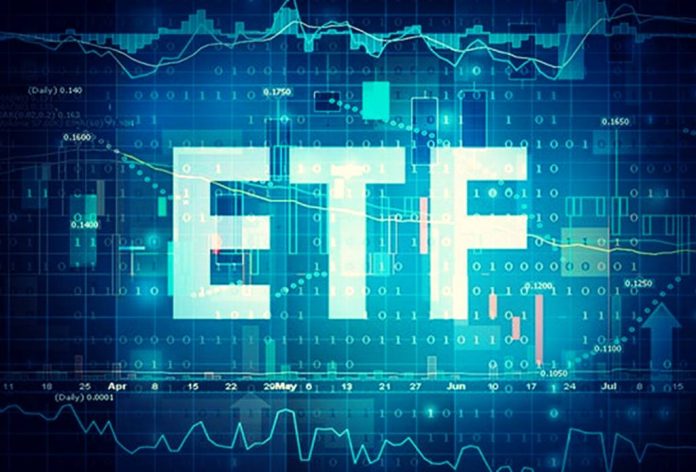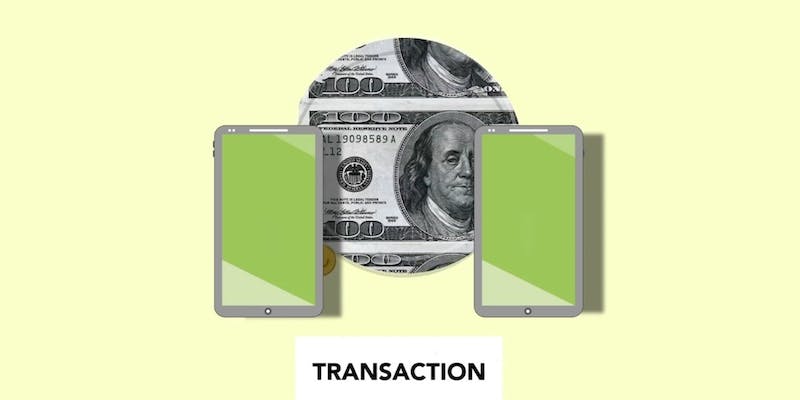Regarding tracking performance of their benchmarks, some forms of exchange-traded funds such as commodities ETFs, inverse ETFs and leveraged ETFs, employ derivatives rather than other types of assets. In addition, many exchange-traded funds use a mix of derivatives and assets like equities in their portfolios. (The price of an underlying asset determines the price of a derivative, which is a financial instrument.)
Futures are the derivatives featured in exchange-traded funds that are the most widespread. Futures are often utilized in commodity ETFs so that real physical commodities do not have to be taken control of and preserved. Forwards, swaps and options are all financial instruments used by ETFs (calls and puts).
Futures Contracts
A futures contract is an engagement between a buyer and a seller to exchange a particular asset on a date chosen by those engaged in the transaction. This date is known as the "futures settlement date." A description of the item, as well as its price and the date it will be delivered, are all included in the contract.
Because futures are traded publicly on exchanges, they are subject to stringent oversight by the Commodity Futures Trading Commission in the United States. This oversight was established to protect investors. There is also no possibility of any side failing to fulfill their responsibility since they are regulated; therefore, there is no chance of that happening. Futures are a relatively liquid sort of derivative, meaning they can be purchased and sold easily, and investors can typically get into and out of futures positions quickly. This makes the future an attractive investment vehicle.
Forward Contracts
A forward contract is similar to a futures contract; the primary difference is that a forward contract is not traded openly on an exchange. The buyer and the seller are the only parties involved in the forward transaction. And since forwards are only exchanged between private parties, they are often unregulated as well, which means that there is a possibility that any side to a contract might fail on their obligations.
Forward contracts may be tailored to meet the specific requirements of the buyer and seller, while futures contracts must, for instance, entail the exchange of precisely 5,000 bushels of corn. This is one of the advantages of forward contracts over futures contracts.

Swap Contracts
A contract between a buyer and a seller to exchange several cash flows at future dates that have been predetermined is known as a swap. One party will get a predetermined amount on each date, while the other will receive an amount that fluctuates according to a reference rate. The value of these cash flows will be decided by a dynamic parameter such as an interest rate.
Options Contracts

Call options and put options are the two different kinds of options. A call option gives the holder the right, but not the responsibility, to purchase a certain asset at a predetermined price on or before the option's expiry date. For instance, the buyer of the call may have the opportunity to purchase 100 shares of XYZ Corp. from the seller at a price of $25 per share on or before the day the contract expires. The buyer would wish to execute their call option and acquire the shares if the stock price rose over $25. This would allow them to do so. If the stock price drops to $10, the buyer will not exercise their right to do so since they can acquire the same number of shares on the open market for a lower price.
The put option is the counter to the call option that was just discussed. In this instance, the buyer of the put is granted the right to sell a total of one hundred shares of XYZ for $25 per share. If the share price drops to $10, buyer of put option can exercise their right to sell each of 100 shares to put option seller for $15 more than the value of the share at the time of the sale. If the price of the stock goes over $25, the put option buyer won't sell the stock to the put option's seller for less money than they can get for it on the open market. As a result, the buyer will allow the put option to expire without any value because of this concern.




